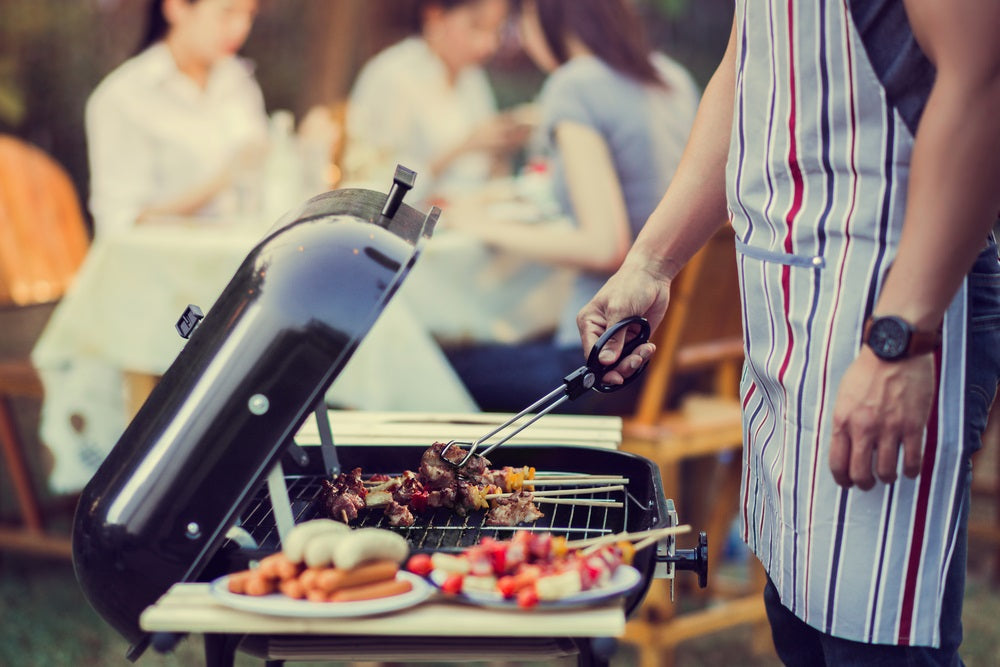
3 Considerations for Starting an Outdoor Catering Business
Outdoor catering businesses are an exciting prospect for many aspiring entrepreneurs looking to get started. The thought of being outside, particularly during the summer, and getting paid to create great food for the masses can be appealing.
To anyone new to outdoor catering it may seem quite easy; just turn up, set up the barbecue and get cooking. The fact is though getting starting in outdoor catering requires investment in terms of both money and personal development, and that’s before you start identifying places to serve up your food.
To help you focus on getting going here’s a quick guide to getting started in outdoor catering.
What
The marketplace for outdoor catering is competitive. There are minimal barriers to getting started, many of which are to do with costs of initial investment. Up front there may be outlay for barbecues or cooking equipment, transport, utensils, packaging and other ancillary costs. Choosing what you want to make and how you wish to produce is important.
Take time to review the local area. Visit some events and see what other people are selling. Check out their price points and decide whether they are differentiating on price or quality. Explore the world to find some of the upcoming food trends in other marketplaces and get an understanding of what you could make in your business.
Where
Whilst you are out visiting local events remember that outdoor catering doesn’t just take place at things like car boot sales, summer festivals and fetes. To keep a constant flow of cash into the business you might be able to find a pitch in a local town centre where footfall is high, although there will probably cost implications of this. Some outdoor caterers find regular bookings at sporting events such as match days at the football.
There is also a market for private hire catering as well. Weddings, birthdays and other life events often require bespoke and high quality catering to add to the experience. Consider how your proposition could secure income from a number of different channels.
Must Haves
Depending on your business there may be other ‘must haves’ which are necessary in order to allow you to trade. Liability insurance is vital to cover the products you sell and any incidents involving a member of the public interacting with your business, regardless of where you pitch up. If you decide to employ staff to work with you on the business, you’ll also be legally required to cover them as an employer. Our friends at NCASS provide further information on the types of insurance you might need.
Food hygiene certification is also a necessity in catering sales. Levels of certification vary dependent on the complexity and type of foods you are preparing. You can expect visits from environmental health regarding your business, which might also mean visits to your home if you are preparing food there beforehand. We recommend fully that you don’t start trading until you are fully aware of the hygiene requirements.
If you choose to cook with gas then gas safety certification is a prerequisite. Failure to have the necessary certificates in place means local authorities can potentially close your operation down if they believe you are causing a risk to the public. It wouldn’t be the best way to get started.
These are just some ideas to get you up and running. What are your top tips? We’d love to hear from you.
